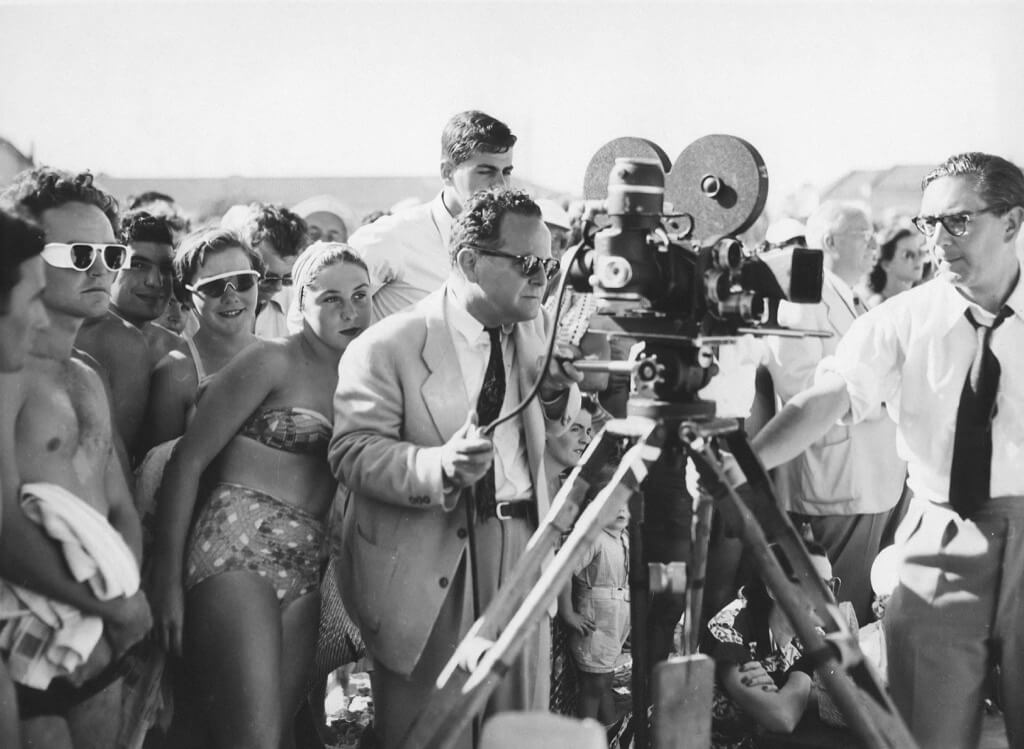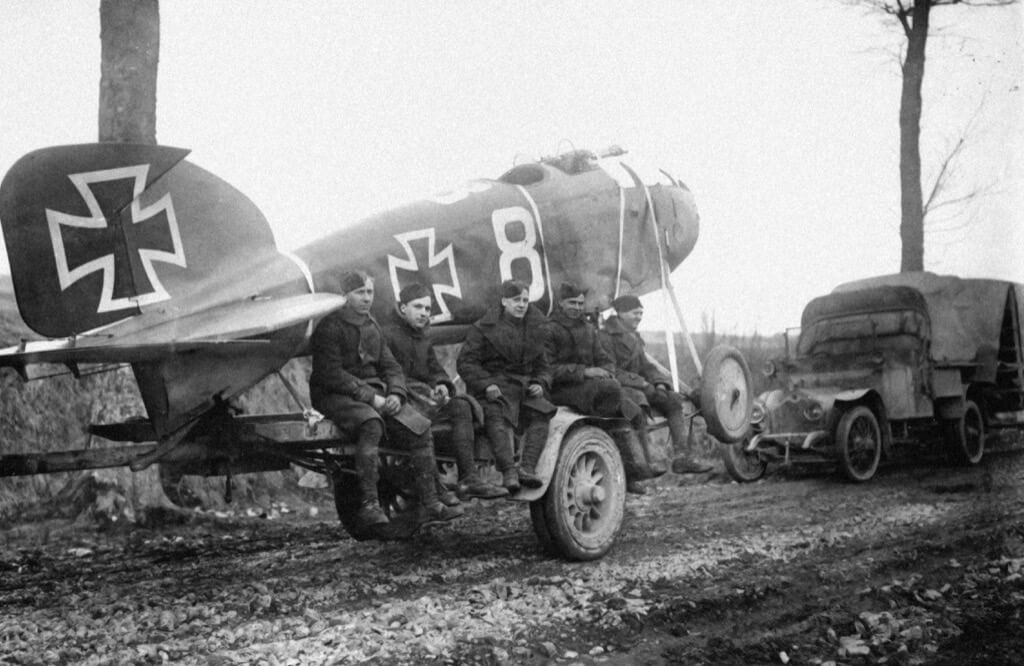The national sport of Afghanistan is Buzkashi, a gripping and intense equestrian game that grips the hearts of many Afghans and neighboring communities. Known for its rugged nature, Buzkashi involves players vying for control of a headless animal carcass while mounted on horseback. This age-old tradition has deep historical roots and a significant cultural significance, reflecting the resilience and spirit of the Afghan people.
The roots of Buzkashi trace back to the historical region of the Amu Darya, situated along Afghanistan’s western border. Scholars and historians widely believe that the game emerged during the tumultuous era of the Mongol invasions led by the formidable Genghis Khan. It is said that the rugged terrain and the resilient spirit of the Afghan villagers provided the perfect backdrop for the inception of this enduring equestrian tradition.
During the chaotic times of the Mongol invasions, it was not uncommon for the marauding Mongol forces to seize livestock, including goats and sheep, as they swept through the region. The Afghan villagers, known for their bravery and unwavering resolve, would mount their horses and courageously charge into the Mongol encampments, determined to reclaim what was rightfully theirs.
Amidst the chaos of conflict, a unique form of contest emerged, borne out of the villagers’ determination and the exhilaration of the chase. What initially began as a daring act of reclaiming stolen possessions gradually evolved into a spirited competition, one that celebrated not just physical prowess, but also camaraderie and the unyielding spirit of the Afghan people.
Over time, the game of Buzkashi became deeply entrenched in the cultural fabric of Afghanistan, reflecting the resilience and valor that have come to define the nation’s identity. It transformed from a mere act of reclamation into a vibrant demonstration of bravery and unity, fostering a sense of community and shared purpose among the Afghan villagers.
The legacy of Buzkashi thus became intertwined with the narrative of Afghan history, embodying the enduring spirit of a people who have weathered countless storms and conflicts throughout the ages. This remarkable equestrian tradition continues to serve as a testament to the unyielding courage and heritage that define Afghanistan and its people, resonating with the echoes of a rich and storied past.
The Rules of Engagement
In the chaos of the game, there are unspoken rules that every rider honors, adding a sense of honor and respect to the thrilling contest. While the primary objective is to seize control of the carcass, riders refrain from striking each other with their whips and aim to maintain balance and control, showcasing their equestrian prowess and dexterity.
Diverse Play Styles
Buzkashi manifests in several engaging variations, each with its unique twists and challenges. The unstructured Tudabarai variant often witnesses a breathtaking spectacle of up to 500 riders fiercely contending for dominance over the carcass. The Qarajai style demands not just gripping the carcass but also entails navigating the challenging terrain to reach the revered “Circle of Justice,” adding an extra layer of strategy and skill to the game. Additionally, the exclusive Kabul version, played within the city limits, exhibits a more structured and regulated approach, attracting enthusiasts from far and wide.
The Essence of Buzkashi Horses
A crucial element of Buzkashi lies in the profound bond between the Chapandazan and their stalwart horses. Renowned for their agility and strength, horses like the Tartar and Habash play pivotal roles in the success of the players. These remarkable breeds, deeply ingrained in Afghan history, undergo rigorous training, creating a seamless harmony between horse and rider that is crucial for triumph in the heat of the game.
Challenges and Triumphs
Despite controversy surrounding its harsh nature, Buzkashi continues to stand as a testament to Afghanistan’s rich cultural legacy and enduring spirit. While some have criticized its intensity, others see it as a celebration of Afghan identity and resilience, a powerful symbol of the nation’s unwavering spirit. In the aftermath of the Taliban’s brief ban, the sport has experienced a remarkable resurgence, attracting passionate crowds and garnering fervent support across the country.
Buzkashi remains not just a sport but a cultural cornerstone, reflecting the heart and soul of Afghanistan and its people. As the world continues to witness the timeless spectacle of Buzkashi, it serves as a reminder of the unyielding pride and heritage that defines the Afghan spirit.




